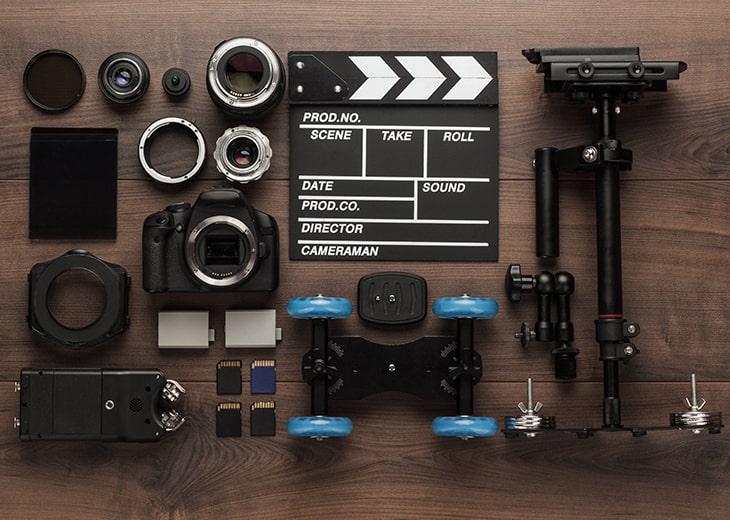Film and video design is an ever-evolving field of creative expression. It’s the art and craft of combining visuals, sound, and storytelling to create a media experience that engages the audience and conveys a specific message. Whether a feature film, TV show, commercial, or music video, film and video design requires unique skills and knowledge; in this article, we’ll look at the different types of jobs available in film and video design, from camera crews to editors and beyond.
Camera operators are the people responsible for capturing the images and sounds of a film or video project. They work with the director and cinematographer to ensure the best possible images for the project. Camera operators must be familiar with the technical aspects of cameras and lenses and the artistic side of composition, lighting, and framing. They must be able to operate various camera systems, from DSLR to motion picture cameras.

Editors are the people who take the footage captured by the camera operators and assemble it into a cohesive story. They must deeply understand storytelling and how to use the footage to convey the director’s vision. They must also be adept at using editing software, such as Adobe Premiere Pro, to manipulate and enhancing the footage.
Graphic designers are responsible for creating the visual elements of the film or video project. They create titles, logos, special effects, and other graphics needed for the project. They must be familiar with various design software, such as Adobe Photoshop, Illustrator, and After Effects.
Sound designers are responsible for creating the audio elements of the film or video project. They may be asked to create original sounds, soundscapes, music, or dialogue. They must be familiar with sound editing software like Pro Tools and Audacity.
Visual effects artists are responsible for creating the special effects of the film or video project. They may be asked to create realistic explosions, fire, smoke, or another environmental impact. To achieve the desired results, they must be familiar with various software, such as Maya, Nuke, and Houdini.
Animators are responsible for creating the animated elements of the film or video project. They must be familiar with animation software like Adobe After Effects and Autodesk Maya. They may be asked to create 2D or 3D animations like characters or motion graphics.
Colorists are responsible for creating the color palette of the film or video project. They must be familiar with color grading software, such as DaVinci Resolve, to manipulate the colors of the footage and create the desired look.
Composers are responsible for creating the score of the film or video project. They must be familiar with music composition software, such as Logic Pro and Pro Tools, to make the appropriate music for the project.

In Conclusion, As you can see, a wide variety of film and video design jobs are available. From camera operators to animators and beyond, the possibilities are endless. Whether you’re just starting in the field or are an experienced professional, there is a place for you in film and video design. You can find a rewarding career in this exciting industry with the right skills and knowledge.